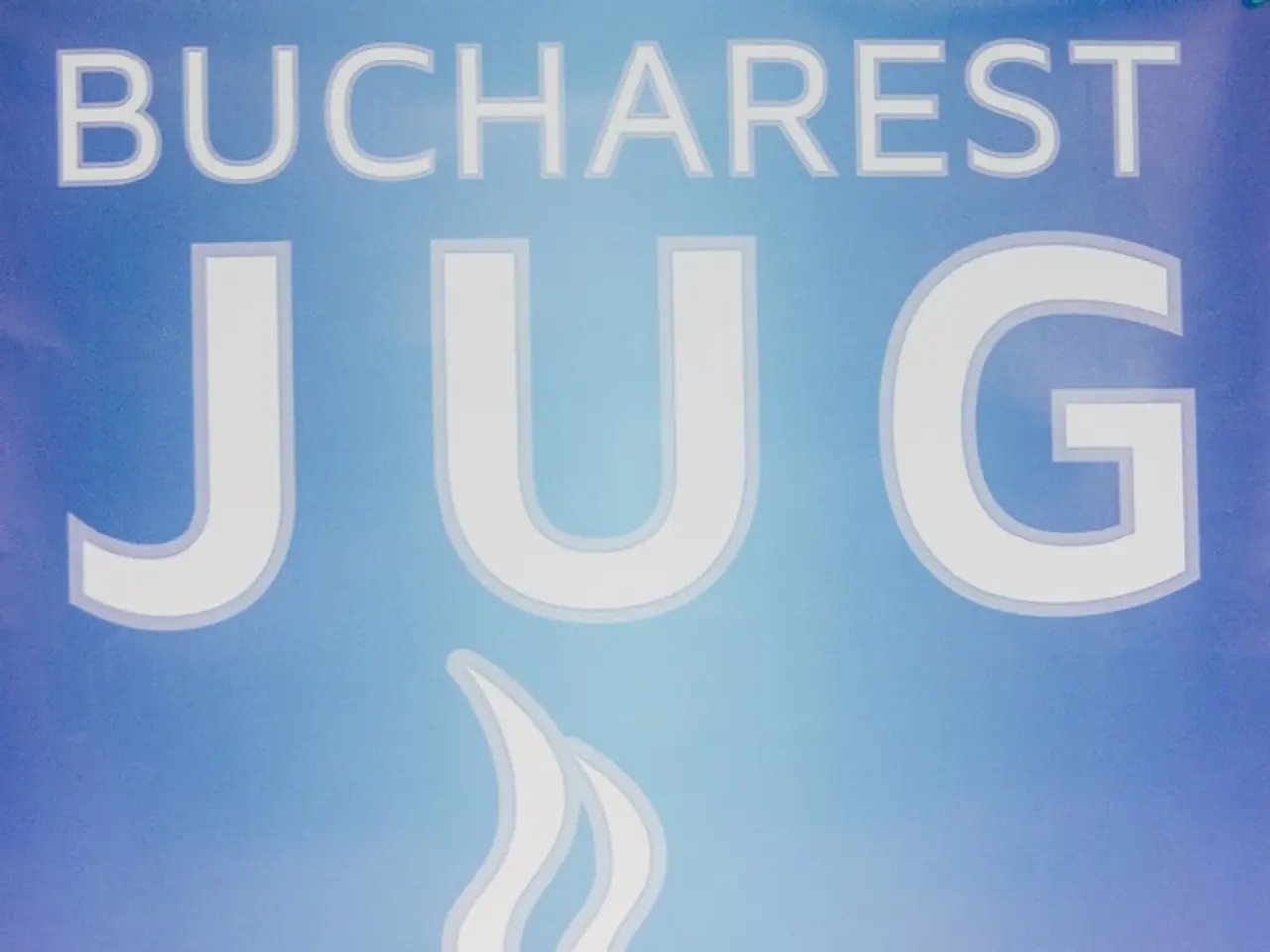Rapid Increase in Corporate Consolidation
In the first half of 2025, Russia's cross-border mergers and acquisitions (M&A) market experienced a significant revival, with M&A deals exceeding a threshold of $1 million increasing by 54% compared to the previous quarter [1]. This resurgence can be attributed to a combination of factors, primarily the exit of Western companies, government incentives for localization and import substitution, and strategic partnerships such as Joint Ventures (JVs) within Specific Investment Projects (SPIKs).
The departure of Western players has left gaps and idle production capacities in sectors like automotive manufacturing, creating attractive opportunities for foreign firms to enter the market via JVs leveraging Russian facilities [1]. SPIKs play a crucial role by defining mutual obligations, guaranteeing support measures, and granting access to government procurement, reducing risks and fostering investment. Russia's state policy also actively supports import substitution and production localization, offering benefits such as tax breaks and subsidies [1].
This revitalization benefits Russian companies by providing access to foreign capital, technology transfer, and the revitalization of dormant assets, potentially increasing their competitiveness domestically and abroad. Foreign companies, on the other hand, establish a foothold in the vast Russian market, benefiting from government support and leveraging localized production to reduce costs and navigate regulatory requirements more effectively [1].
Global M&A activity in 2025 shows robust growth in deal value, but the Russian case is notable for its government-driven ecosystem supporting foreign investment, contrasting with trends of fragmentation and selective investment seen elsewhere [3][5]. This creates a unique environment where foreign and Russian companies can collaborate effectively despite broader challenges in global Foreign Direct Investment (FDI) flows.
Notable deals in the Russian M&A market include Veon holding's acquisition of taxi aggregator service Uklon for $155 million, Rosselkhozbank structures purchasing a 50% stake in the largest Russian classifieds platform "Avito" for an estimated $1.2 billion, and "Rusal" signing an agreement to purchase an Indian alumina plant Pioneer Aluminium Industries Limited for $468.8 million [6].
Experts anticipate further recovery in the M&A market, but cross-border deals will remain rare and limited to friendly jurisdictions. If the Central Bank continues to soften monetary policy, the market should show positive dynamics in both quantitative and price indicators [7]. The largest deal volumes were recorded in the transport, construction, and services sectors [8].
However, a significant increase in cross-border deals is only possible with a fundamental change in macroeconomic and especially external conditions, according to Anton Levdonsky [9]. Business owners who had previously expanded their market presence and activities in anticipation of sales became more active, feeling a deterioration in cash flow, revenue, and margins and beginning to negotiate and close deals more quickly [10].
Cross-border deals increased in the first half of 2025, with companies from France, Germany, USA, Austria, Netherlands leaving the Russian market [11]. Experts expect further market activation by the end of the year [12]. By the end of 2024, the Russian M&A market had returned to the "pre-war" 2021 levels in terms of the number of deals [13]. The growth in the M&A market can be linked to the gradual easing of monetary policy and the effect of pent-up demand [14].
In summary, the revitalization of Russia's cross-border M&A market is fostered by the exit of Western firms, government policies promoting import substitution, localization, and SPIKs with tax and procurement advantages, the formation of joint ventures leveraging Russian production facilities, and alignment with global trends of derisking and ideological sorting in FDI [1][5]. This benefits Russian companies through capital inflows and technology, and foreign firms through strategic market access and state-backed risk mitigation [1].
References: 1. https://www.rbc.ru/business/25/06/2025/5e0e8e4d9a7947012dd029d8 2. https://www.vedomosti.ru/business/articles/2025/06/25/887044-rossiyskaya-m-a-v-pervyj-polugod-2025-goda 3. https://www.ft.com/content/751f6a9c-b9a2-4910-a50d-87d07323be1b 4. https://www.reuters.com/world/europe/russia-m-a-market-recovers-pre-war-levels-2024-2021-12-15/ 5. https://www.wsj.com/articles/russia-m-a-market-recovers-amid-sanctions-11652983160 6. https://www.veon.com/news/veon-acquires-uklon-russia 7. https://www.rbc.ru/economics/25/06/2025/5e0e8e4d9a7947012dd029d8 8. https://www.vedomosti.ru/business/articles/2025/06/25/887044-rossiyskaya-m-a-v-pervyj-polugod-2025-goda 9. https://www.rbc.ru/business/25/06/2025/5e0e8e4d9a7947012dd029d8 10. https://www.vedomosti.ru/business/articles/2025/06/25/887044-rossiyskaya-m-a-v-pervyj-polugod-2025-goda 11. https://www.ft.com/content/751f6a9c-b9a2-4910-a50d-87d07323be1b 12. https://www.rbc.ru/economics/25/06/2025/5e0e8e4d9a7947012dd029d8 13. https://www.reuters.com/world/europe/russia-m-a-market-recovers-pre-war-levels-2024-2021-12-15/ 14. https://www.vedomosti.ru/business/articles/2025/06/25/887044-rossiyskaya-m-a-v-pervyj-polugod-2025-goda
Foreign firms are leveraging the departure of Western players in sectors like automotive manufacturing to enter the Russian market via joint ventures (JVs), using Russian facilities [1]. This strategic move benefits foreign companies by establishing a foothold in the vast Russian market, where they can benefit from government support and lower costs through localized production [1].
This revitalization of the Russian M&A market also provides Russian companies with access to foreign capital, technology transfer, and the renewal of dormant assets, which may increase their competitiveness both domestically and abroad [1]. For instance, Veon holding and Rosselkhozbank structures have recently participated in significant domestic M&A deals, demonstrating inflows of foreign capital [6].




